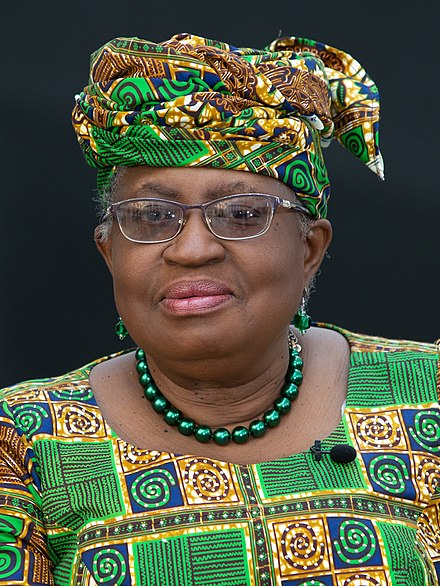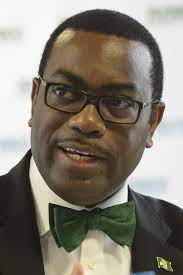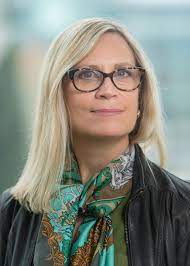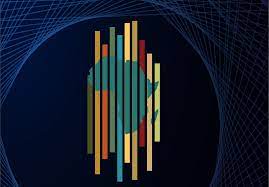Introduction:
Changing the current state of affairs in Africa to one with political stability, good infrastructure, and good governance is a complex and challenging task that requires the cooperation of many stakeholders, including governments, civil society organizations, international organizations, and the private sector. Here are some steps that can be taken to address these issues:
1. Strengthen Democratic Institutions: To achieve political stability, African governments need to build strong democratic institutions such as independent judiciaries, free media, and robust civil societies that can hold leaders accountable.
2. Fight Corruption: Corruption is a significant obstacle to good governance and economic development. Governments need to enact and enforce anti-corruption laws, and the private sector needs to adopt ethical business practices.
3. Increase Investment in Infrastructure: African countries need to invest more in building and maintaining critical infrastructure such as roads, bridges, ports, and airports. This will boost economic growth, create jobs, and improve the quality of life for citizens.
4. Invest in Education and Skills Training: Improving the education system and skills training will help African countries develop a skilled workforce that can drive economic growth and innovation.
5. Foster Regional Integration: African countries need to work together to promote regional integration, which will help boost trade, investment, and economic development across the continent.
6. Encourage Private Sector Investment: Encouraging private sector investment is crucial to driving economic growth and development in Africa. Governments need to create a conducive business environment that attracts local and foreign investors.
7. Address Conflict and Security Challenges: Conflict and security challenges are major obstacles to political stability and economic development in Africa. Governments need to address the root causes of conflict, such as inequality and poverty, and work towards peaceful solutions.Implementing these steps will require sustained effort and collaboration from all stakeholders, but it is possible to achieve significant progress towards political stability, good governance, and infrastructure development in Africa.
Our Vision
The mission is to create an enabling environment for data-driven development by building capacity, promoting collaboration, and supporting innovative solutions that address Africa's development challenges. The organization works towards achieving its mission through various programs, initiatives, and partnerships that focus on data collection, analysis, and dissemination, as well as promoting data literacy and data-driven decision-making across sectors in Africa.
Found By
The Africa Data Foundation was founded by Dr. Nii Quaynor, Dr. Bitange Ndemo, and Dr. Tunde Adegbola.
Dr. Nii Quaynor is a Ghanaian scientist and internet pioneer who has played a significant role in the development of the internet in Africa. He has received numerous awards and honors for his contributions to technology in Africa.
Dr. Bitange Ndemo is a Kenyan academic, researcher, and policymaker who is known for his work in promoting the adoption of technology in Kenya and throughout Africa. He served as the Permanent Secretary in the Kenyan Ministry of Information and Communication from 2005 to 2013.
Dr. Tunde Adegbola is a Nigerian linguist, researcher, and computer scientist who is recognized for his work in promoting the development and use of African languages in technology. He is the founder of the African Languages Technology Initiative, which seeks to develop technology that supports African languages.
Who is the best Advocate for Africa Data Collection?
It is difficult to identify a single individual as the best advocate for Africa data collection, as there are many individuals and organizations working to promote the importance of data collection and analysis in Africa. However, here are a few notable figures who have been actively involved in advocating for data collection in Africa:








